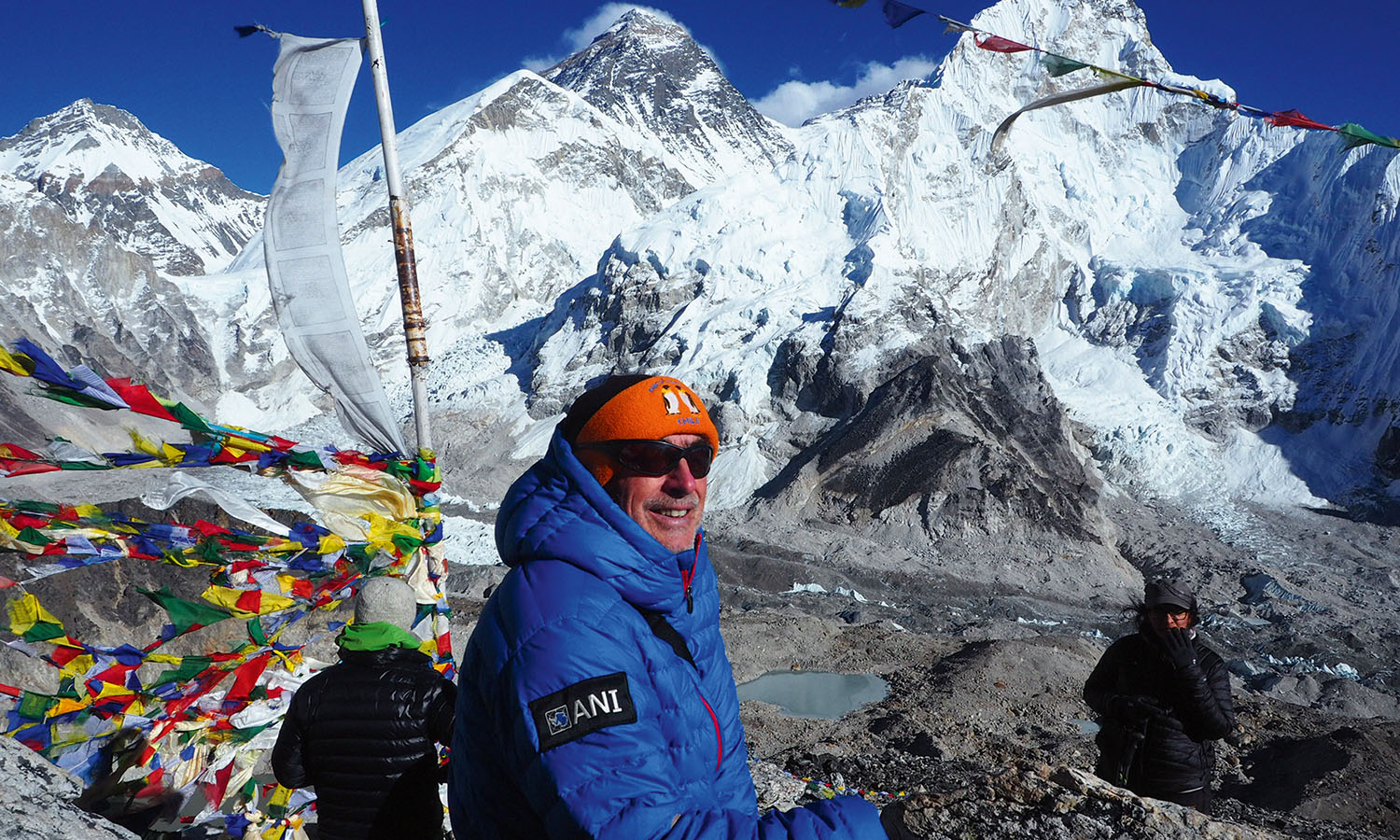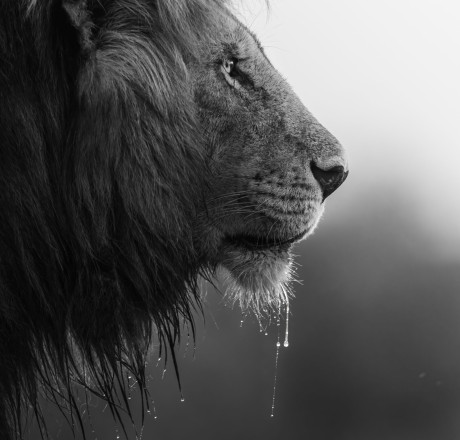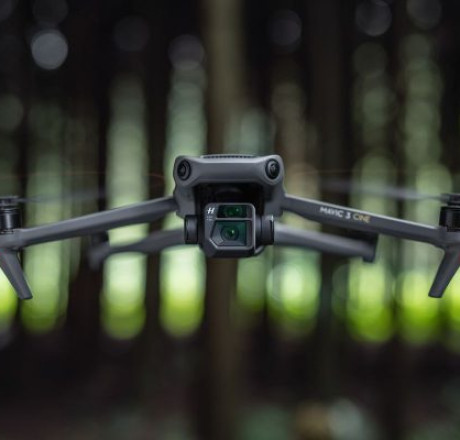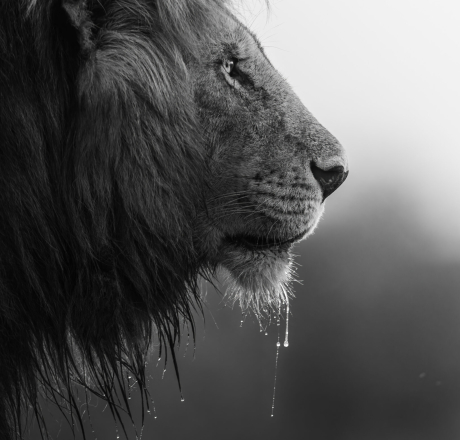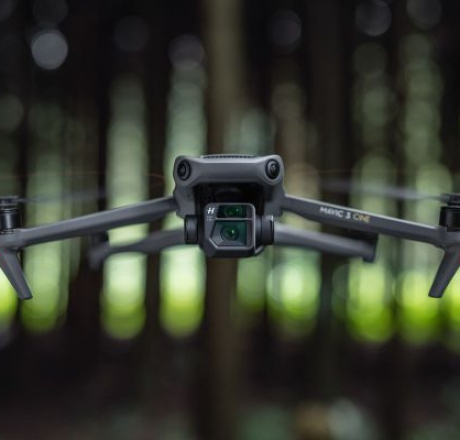World
World
Travel Fever
Every time John tries to ease off the oxygen, the patient gets closer to death. The UK-born, New Zealand-based doc knows the man, who’s suffering from a bout of pneumonia made worse by the 5000-metre altitude, will only survive if this unlikely troop makes it to the nearest hospital, which is several hours away. It’s a race against the clock and the elements, but thankfully this kind of environment is where John does his best work.
“We couldn’t get a helicopter because of the weather conditions,” John recalls of the dramatic morning, “so the only option was to carry him down to the local clinic at Kundi, just near Namche Bazaar.
“We were just legging it down the trail as fast as we could go,” he adds. “It was quite amazing; we dropped about a thousand metres in altitude and the guy just suddenly woke up.”
John has spent nearly 25 years of his career practising medicine in harsh, isolated environments like this, where improvisation and survival know-how are as important as medical skill. While on the job he’s climbed glaciers, weathered tent-flattening Arctic storms, and learned to build a mean snow shelter. He’s even run extreme marathons – through the Everest region and across the freezing plains of Antarctica – as the medic responsible for the health of his fellow competitors.
The adventure began in 1992 when John, a former full-time GP who still practises rural medicine in New Zealand about 90 days a year, took time off from his UK job to do a three-month stint in Svalbard, Norway’s northern archipelago. A few years later he quit the rat race to go freelance, enabling him to blend work, travel and adventure into one unusual, ever-changing lifestyle.
That decision has resulted in nine seasons providing medical support in Antarctica, a stint with the British military in war-torn Afghanistan, journeys through the untamed lands of Tanzania and countless expeditions as a wilderness doc in the Nepali Himalayas – the unifying factor being his love for “mountains and snowy places”. Of all these locations, the most isolated stands out as John’s favourite to work.
“I think Antarctica’s probably the number one; it’s just such a unique environment, and also such a unique bunch of folks who go there to work or to visit,” he says. “What’s really different down there is that virtually everyone has such a positive, can-do attitude, which is such a contrast to a lot of the places you work in, where there’s always folks who try to see the negative in everything. It’s just an absolute joy to go to.”
Living the dream comes with its challenges, but the freedom to travel and immerse himself in some pretty wild places has been worth it for John: “I suppose if you put the sensible hat on it seems pretty daft to walk away from a very well-paid, secure job, into essentially, the unknown. But I always take the philosophy that when you close one door about three other doors open.”
While the transition was difficult at times, preparing financially over several years helped John and his wife find their feet once they moved away from full-time work.
“The first thing is to plan ahead and get some money saved up,” he advises anyone considering a similar career shift. “Trim your expenses back, so if you’ve got an expensive car or something, get rid of it. Just go minimalist, so that if you don’t work for a couple of months, it’s not a concern. It might be a little painful, but it’s no big worry.”
Nowadays, John imparts his wilderness medicine knowledge to other intrepid doctors through his role as an instructor for World Extreme Medicine, a global organisation that trains ordinary docs to become survival specialists. Along with several colleagues, he delivers polar medicine courses in the mountains of New Zealand’s South Island, as well as high-altitude training in the Himalayas. Part of that role is reacquainting experienced doctors with the basics of medicine when there are no nurses to do it for them.
“Time and time again the hospital docs say, ‘I would do this,’ and we say, ‘Well, get on and do it,’ and they’re absolutely lost because they expect someone else to provide or do it,” John says.
While his marathon-running days are probably behind him, the adventure is far from over. John has his sights set on Mongolia, Ukraine and Namibia for future journeys, although they’ll probably be for leisure rather than work.
His final piece of advice for those looking to integrate travel into their career? “Get used to the idea of improvising and – my favourite bit – don’t be afraid.”
Words Nick Johns-Wickberg
Photos Ian William
SOLD OUT
Tags: Dr John Apps, Himalayas, intrepid doctors, Machismo, nepal, Nepalese, World Extreme Medicine
 (
(

